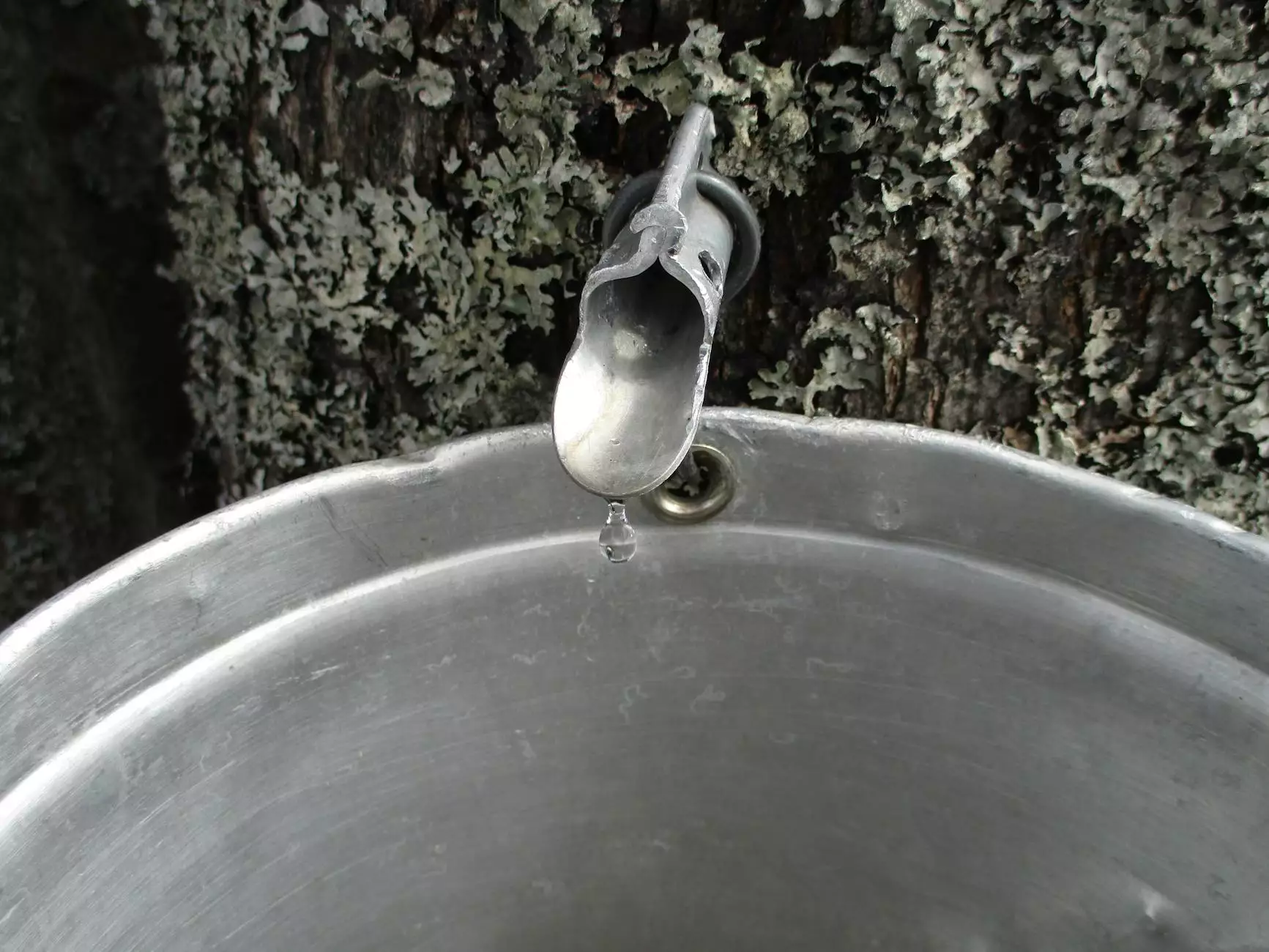The Importance of a Distributor Hydraulic in Modern Machinery

In today's technology-driven world, the efficiency and effectiveness of machinery are paramount in various industries, from automotive to industrial manufacturing. A crucial element that plays a significant role in ensuring optimal performance in these machines is the distributor hydraulic. This article delves into the function, types, application, and advantages of hydraulic distributors in several sectors, particularly focusing on their contributions to the automotive and motorcycle segments at shophydraulicamerica.com.
Understanding Distributor Hydraulic
A distributor hydraulic is a mechanical device found in hydraulic systems that is responsible for directing hydraulic fluid to various components of the system. By controlling the flow and distribution of the fluid, it plays a vital role in ensuring that the machinery operates smoothly and efficiently. This is particularly important in heavy machinery, vehicles, and equipment requiring precision and power to perform tasks effectively.
How Does a Distributor Hydraulic Work?
The operation of a hydraulic distributor is based on the principles of fluid dynamics. When hydraulic fluid is pumped through the system, the distributor receives this fluid and redirects it to various actuators, cylinders, or valves based on operator input or control signals. Here’s a simplified breakdown of how it works:
- Fluid Intake: The hydraulic fluid is drawn into the distributor from a reservoir.
- Flow Control: Internal mechanisms (like valves and ports) in the distributor determine where the fluid will go.
- Output Distribution: The fluid is then distributed to specific parts of the machine, such as hydraulic cylinders or motors, enabling their operation.
Types of Distributor Hydraulics
Distributor hydraulics can be classified into several types, each designed for particular applications and requirements.
1. Manifold Distributor
A manifold distributor combines multiple hydraulic functions into one device. This is beneficial as it reduces the need for excessive piping and provides a compact solution for distributing hydraulic fluid.
2. Directional Control Valve
This type controls the direction of fluid flow in a hydraulic system. By manipulating this flow, the valve can control the movement of hydraulic cylinders or motors.
3. Proportional Valve
Proportional valves allow for variable speed control of hydraulic actuators by adjusting the flow rate based on signals received from a control system. This is particularly useful in applications requiring precision.
4. Electric Hydraulic Distributor
Electric distributors are operated by electro-hydraulic systems that provide more precise control and automation in hydraulic systems, making them increasingly popular in modern machinery.
Applications of Distributor Hydraulic
The applications of hydraulic distributors are vast and varied, touching multiple industries. Below are some critical sectors where they play an essential role:
1. Automotive Industry
In the automotive sector, hydraulic systems are prevalent in several applications, such as:
- Braking Systems: Hydraulic brakes rely on fluid power to function effectively, making the distributor's role vital in adjusting brake pressure.
- Power Steering: Hydraulic distributors help manage the flow of hydraulic fluid in power steering systems, enhancing the driving experience.
2. Motorcycle Parts
Motorcycles also benefit from hydraulic systems, with distributors being key components in:
- Suspension Systems: Many motorcycles use hydraulic suspension components to adjust and control ride quality.
- Braking Systems: Similar to cars, motorcycles have hydraulic brakes that require efficient fluid distribution to maintain performance.
3. Industrial Machinery
Heavy machinery used in construction, manufacturing, and agriculture heavily relies on hydraulic systems. Here, distributors are crucial for managing:
- Excavators: Distributors in excavators control the fluid flow to the boom and arm, affecting the machine's digging capabilities.
- Presses: Hydraulic presses utilize fluid distributors to manage the pressure required to shape or cut materials effectively.
Advantages of Using Distributor Hydraulic Systems
The implementation of hydraulic distributors in machinery offers multiple benefits that enhance productivity and operational efficiency, including:
1. Increased Efficiency
By precisely directing hydraulic fluid flow, distributors ensure that components receive the necessary power to operate efficiently, minimizing energy waste.
2. Enhanced Control
With advanced hydraulic systems, especially those employing proportional valves, operators can achieve a higher level of control over machinery, allowing for finer movements and adjustments.
3. Greater Reliability
Hydraulic systems are generally more reliable than their mechanical counterparts, and the use of a distributor hydraulic contributes to this reliability by allowing for consistent fluid management and power transmission.
4. Durability
Quality hydraulic distributors are designed to withstand high pressures and harsh environments, making them suitable for long-term use in various applications.
Choosing the Right Distributor Hydraulic for Your Needs
When selecting a hydraulic distributor for automotive or industrial applications, consider the following factors:
- Flow Rate: Ensure that the distributor can handle the flow required by your hydraulic system.
- Pressure Ratings: Check the pressure ratings of the distributor to match it with your system's requirements.
- Type of Control: Determine whether you need manual, electric, or proportional control based on your application.
- Compatibility: Ensure compatibility with existing hydraulic components to avoid system inefficiencies.
Maintaining Your Distributor Hydraulic
Proper maintenance of hydraulic distributors is crucial to ensure they operate effectively over the long term. Here are some tips:
- Regular Inspection: Regularly check for leaks or damage to the distributor and connected hoses or components.
- Fluid Quality: Use the right hydraulic fluid and ensure it is clean to prevent contamination.
- Monitor Performance: Pay attention to the performance of hydraulic systems to identify any issues with the distributor early.
The Future of Distributor Hydraulic Technology
As technology advances, so does the role of hydraulics in modern machinery. Innovations in distributor hydraulic systems include improved materials that increase durability, automation through smart technology, and enhanced connectivity through IoT (Internet of Things) applications. These advancements promise to make hydraulic systems even more efficient and easier to maintain.
Conclusion
In conclusion, the significance of a distributor hydraulic in the functionality of various machinery cannot be overstated. It is a vital component that enhances the performance, efficiency, and reliability of hydraulic systems across multiple industries. Whether in automotive applications or industrial machinery, understanding the dynamics of hydraulic distributors will empower operators to make informed decisions and maintain their systems effectively. For high-quality hydraulic parts and supplies, including hydraulic distributors, visit shophydraulicamerica.com to explore the extensive range of products available for your needs.








